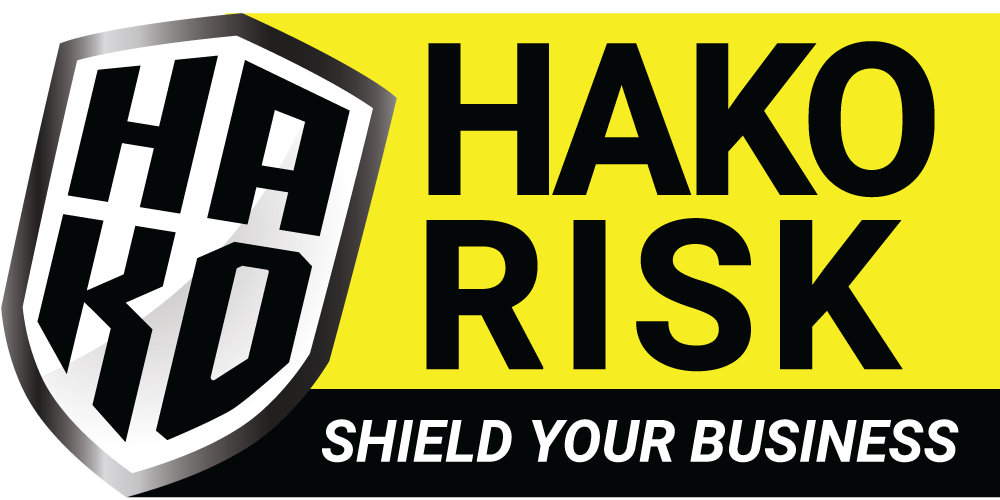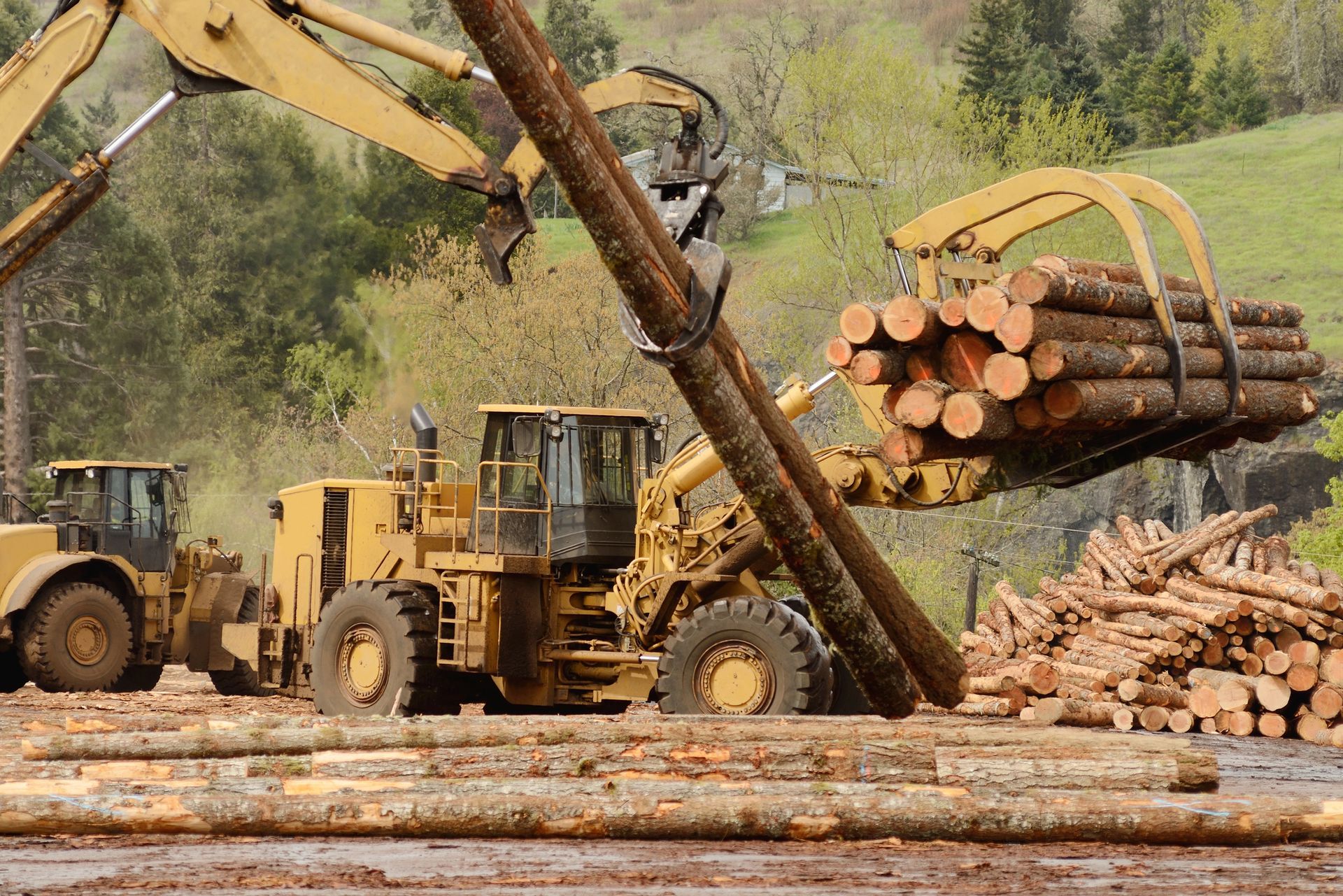How Tariffs Can Impact Your Insurance Premiums: A Commercial Perspective
Tariffs—taxes imposed on imported goods—are designed to protect domestic industries, but they can have ripple effects across your business, including your insurance premiums. Here’s how:
1. Higher Replacement and Repair Costs Drive Up Claims
- Auto & Property Insurance: Many vehicle parts and building materials are imported. Tariffs on these goods drive up the costs of repairs and replacements, which directly increases claim expenses for insurers. For example, the recent 25% tariffs on imported auto parts and vehicles could increase average auto insurance premiums by as much as 8-19% in 2025. This means higher costs for commercial auto fleets, as well as property repairs after a covered loss.
- Commercial Property: Tariffs on steel, aluminum, and lumber can add $7,500-$10,000 to the cost of rebuilding a commercial property, compelling insurers to raise coverage limits and premiums.
2. Business Interruption and Supply Chain Risks
- Supply Chain Disruption: Higher tariffs disrupt supply chains, leading to delays or higher costs in sourcing materials. This increases the risk and cost of business interruption claims, further motivating insurers to hike premiums for business interruption coverage.
- Inventory and Shipping Exposures: Tariffs inflate inventory values and shipping costs, which may require businesses to revisit their property and cargo limits to ensure adequate coverage.
3. Premiums Linked to Business Volume
- Liability & Other Policies: Many commercial insurance rates are based on revenue, payroll, or asset values. As tariffs drive up the cost of goods, gross sales or inventory values inflate, resulting in higher premiums for lines like general liability or business income.
- Audit Surprises: If your sales volumes rise due to passing on tariff costs, you might owe additional premium at audit time. Proactive planning with your broker is essential to avoid surprises.
4. Underwriting in Volatile Markets
- Tighter Underwriting Standards: Insurers respond to tariff-driven risk by reassessing their loss models and may restrict coverage or increase premiums in high-risk sectors. This is especially true for businesses who are heavily reliant on imported goods or exposed to global supply chain risk.
- Market Volatility: Fluctuating costs and unpredictable economic conditions can mean more scrutiny and changes in policy wording and terms, not just higher prices.
5. Key Sectors Most Affected
| Insurance Line | Tariff Impact |
|---|---|
| Commercial Auto | Higher repair costs, increased premiums for fleets |
| Property (Building, Inventory) | Building material inflation raises repair costs |
| Business Interruption | Supply chain issues heighten interruption risk |
| Cargo/Marine Insurance | Increased risk of delays, spoilage, and rerouting |
| Liability/General | Premiums tied to inflated revenues, higher claims |
6. Strategies to Manage Tariff-Induced Changes
- Review Coverage Limits: Adjust property and auto limits to cover increased replacement costs and avoid coinsurance penalties.
- Regular Policy Reviews: Meet with your broker to forecast tariff-adjusted revenue or inventory values before renewal.
- Flexible Rating Bases: Consider shifting rating to payroll or square footage rather than gross sales if possible.
- Audit Planning: Update projections to prevent audit surprises as sales or inventory values increase.
Bottom Line:
Tariffs raise costs for businesses in ways that impact insurance—through more expensive repairs, higher claim payouts, and elevated risk from supply chain volatility. Insurers are responding by increasing premiums and tightening underwriting, especially for business owners who rely on imported goods and complex supply chains. Smart commercial clients should proactively review coverage strategies in light of tariffs to ensure they are properly protected—and not overspending where they don’t have to.
Ready to strategize around tariff impacts? Contact your agent for a personalized insurance review that keeps your business safe and competitive.
Contact Kraig today.
Thank you,
Kraig Sturgill
ksturgill@hakorisk.com
602-552-4248







